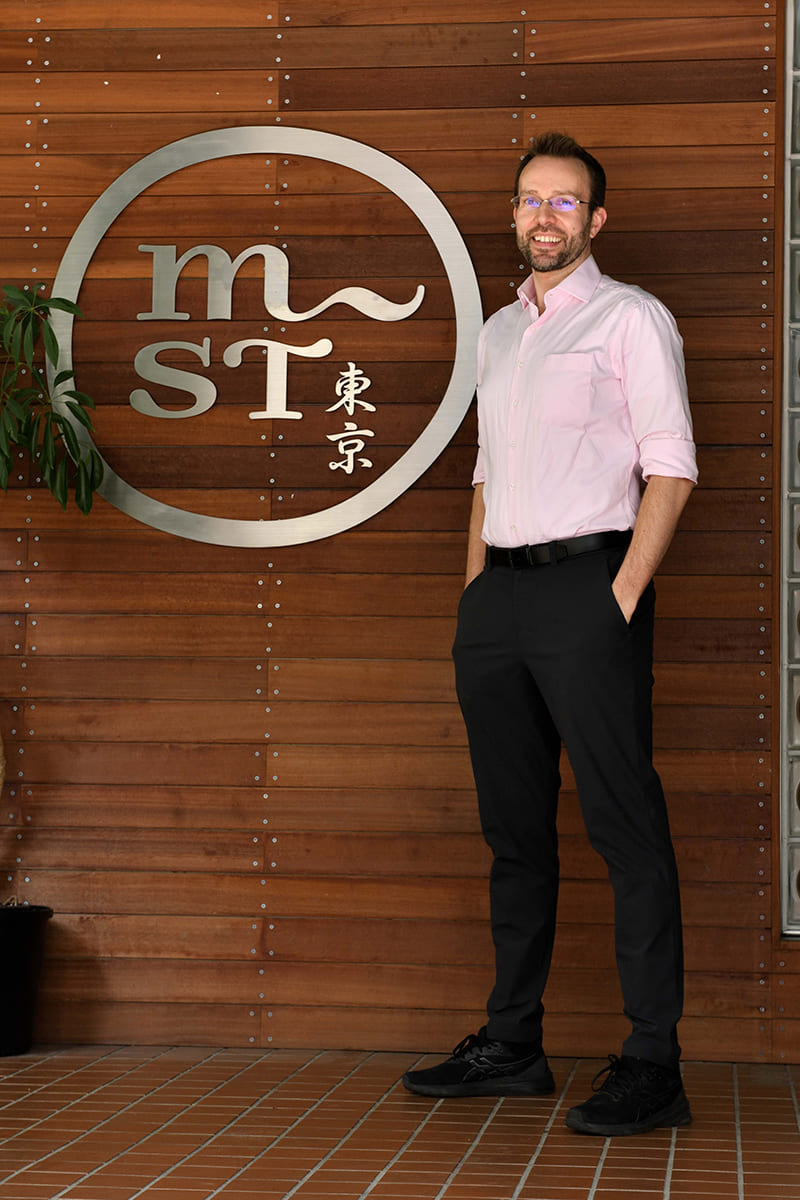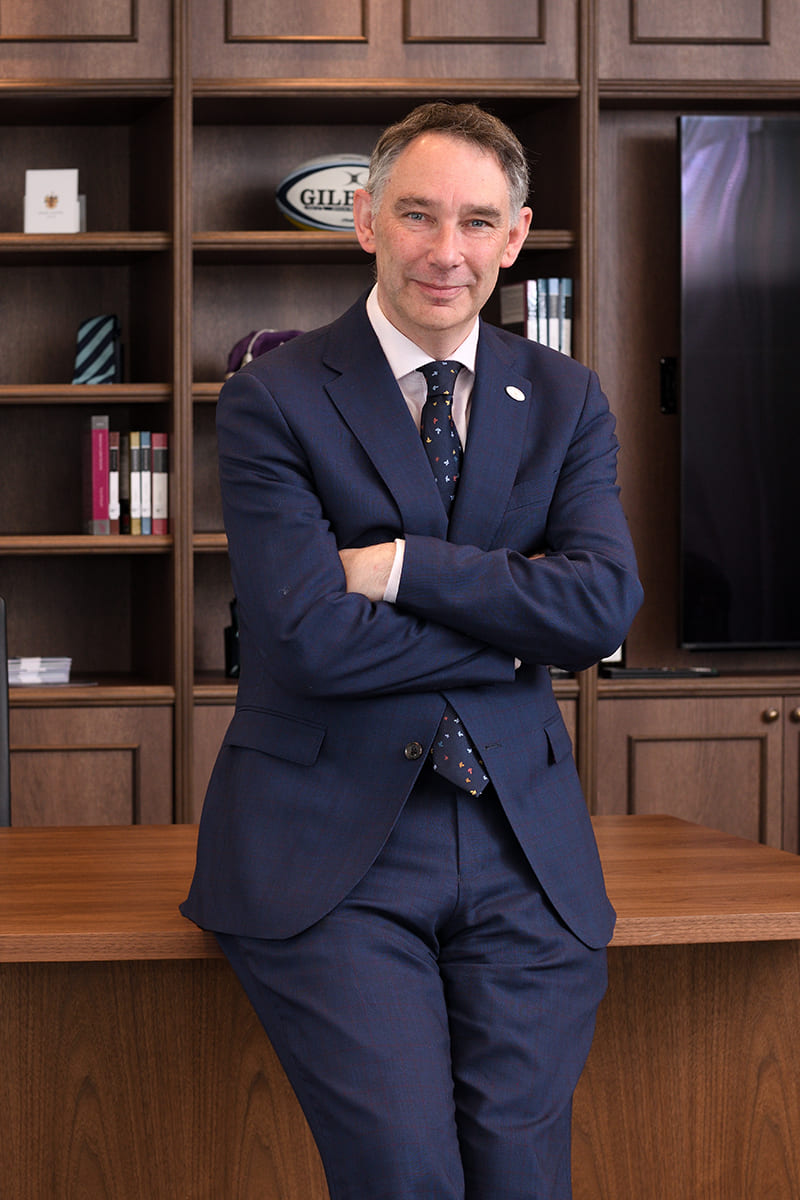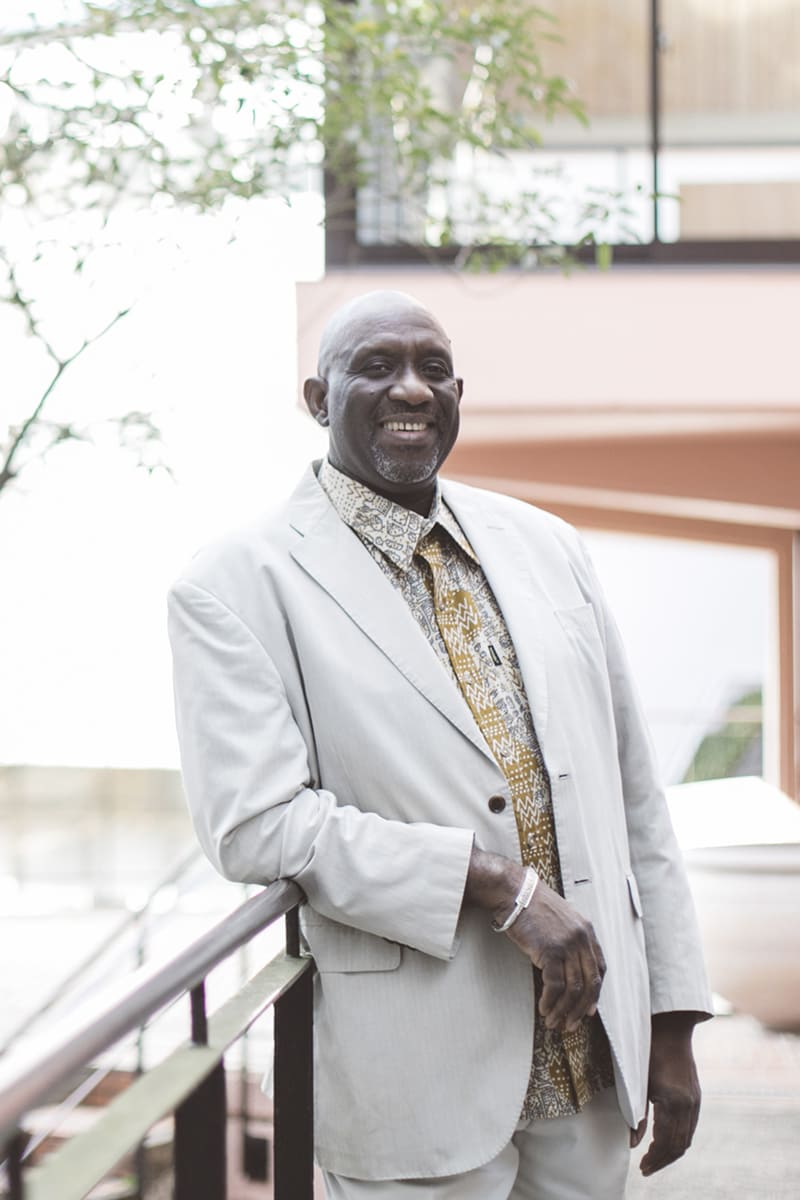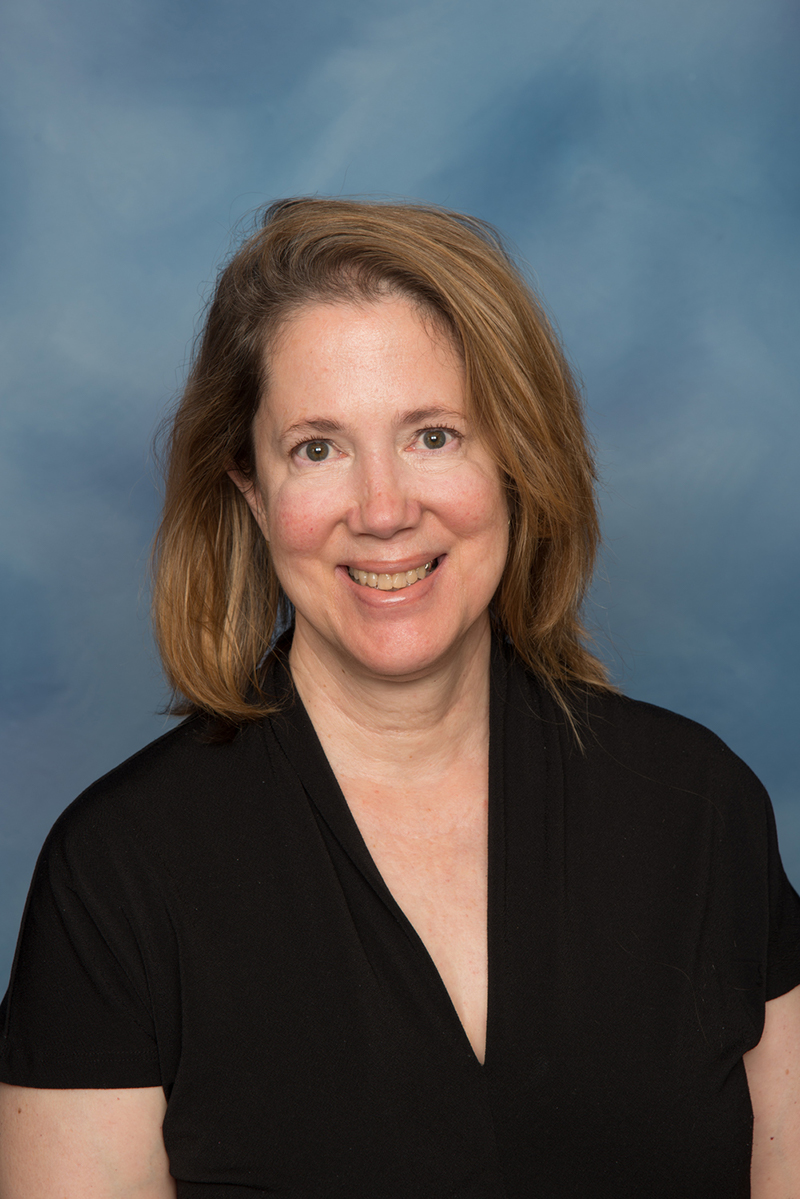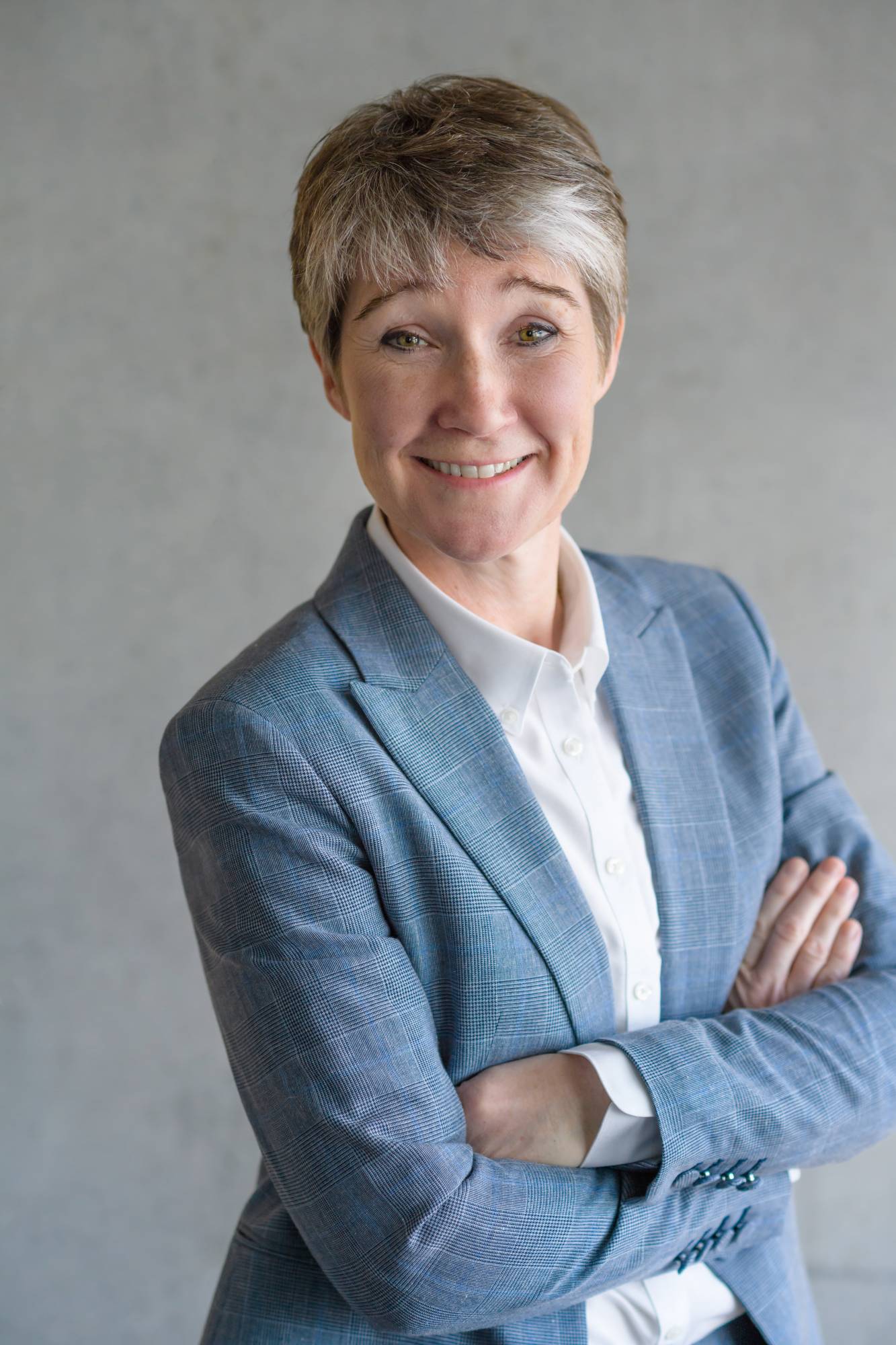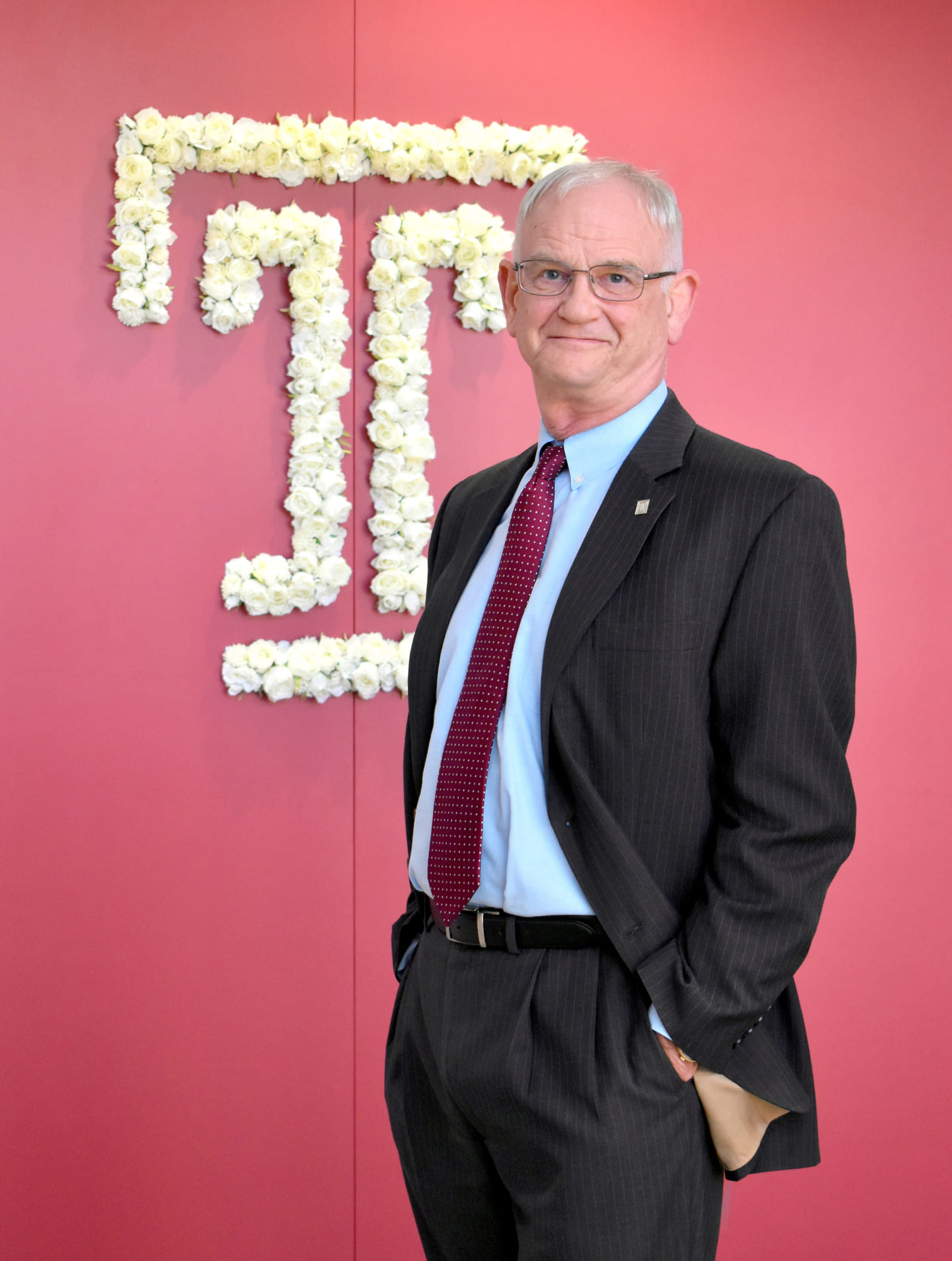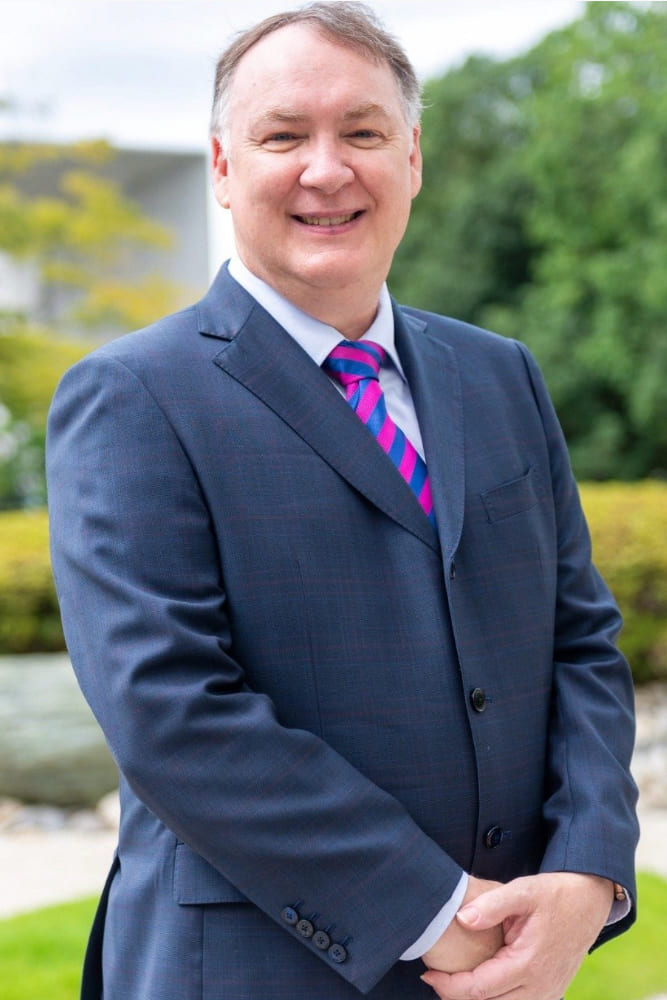
August 12, 2025
Educator Robert Chaytor on learning and leading
NUCB International College principal aims for lifelong ‘frontier spirit’
- Name: Robert Chaytor
- Title: Principal of NIC
- URL: https://ic.nucba.ac.jp/
- Hometown: Sydney
- Years in Japan: 3
Developing responsible leaders through rigorous education is how Robert Chaytor believes we can create a more ethical and sustainable society. Having spent nearly two decades in international education over a 40-year teaching career, he has developed a strong ideology around preparing the students in his care to think critically as both members of their local communities and as global citizens.
His journey leading to Japan has taken him to educational institutions in Australia, Hong Kong, South Korea and mainland China. Chaytor’s life changed when COVID-19 struck while he was living in Shenzhen, China. Faced with a tough situation, Chaytor decided to temporarily move to Japan. It was a logical choice considering his children were enrolled in university here. A couple of weeks became 10 months, and after briefly returning to China he had the incredible opportunity to move to Japan as the principal of NUCB International College (NIC).
About NIC
Located on the stunning campus of Nagoya University of Commerce and Business (NUCB), NIC caters to high school students seeking a thriving boarding environment and rigorous academic path leading to dual degrees: the prestigious International Baccalaureate Programme Diploma and the Japanese high school diploma. Successful completion of the IB Programme in particular is recognized internationally as an elite qualification that gives students a notable advantage when applying to universities due to its intensive academic standards. NIC’s dual-degree program supports a diverse range of student goals and offers unique opportunities for global excellence and local engagement.
When describing what else sets NIC’s academic philosophy apart from other institutions, Chaytor said: “When students go into a history lesson, they go in as a historian. They go into their science classes as a biologist, as a chemist, as a physicist — not as a student studying these subjects.”
Chaytor wants to produce global citizens and leaders who are able to understand a wide range of perspectives through what NIC refers to as the “frontier spirit.” Embracing the frontier spirit means being ethically motivated, caring toward others and the environment, and innovative at solving problems. This mentality encourages students to take proactive roles in studies and campus lives. Beyond the rigorous academic standards, NIC’s beautiful campus connects students to the natural splendor of the Japanese countryside. And because it is a boarding school, the campus atmosphere plays a huge role in students’ experiences, well-being and daily lives.
Also setting NIC apart from other institutions is its usage of case methodology. Students are taught to think of themselves as protagonists navigating different adventures in education. This framing encourages them to be actively involved in navigating complex and realistic situations. Chaytor describes case methodology as “one of the most transformative parts of NIC,” as it cultivates an environment of proactive critical thinking and embodies the frontier spirit. “We have no idea how the world is going, and we want our students to be positive forces of change — leaders,” remarked Chaytor.
While Chaytor is the principal of the school, he continues to teach students directly as well, believing that it is important for academic leaders to stay connected with what is happening in the classroom.
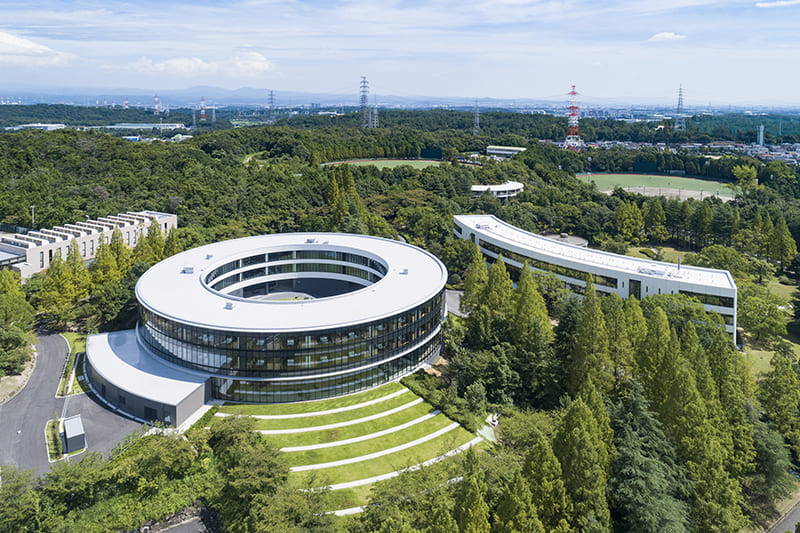
Global citizens, sustainably
A key aspect of NIC’s mission is the development of young people who are prepared to meet the ethical challenges of an increasingly interconnected and unpredictable world. An emphasis on sustainability is not limited to environmental efforts, but also includes the sustainable development of character, critical thinking and a deep-rooted sense of responsibility. This is reflected not only in the curriculum but in the culture of the school itself.
NIC students are nurtured to become participants in shaping the future. Chaytor pointed out that while academic results are important, the true measure of success is whether students leave with a sense of agency and purpose. “We’re not just preparing students for university, we’re preparing them for life,” he said. This vision of education as a long-term, ethical investment is core to NIC’s identity. Chaytor explained that he wants students to view life as a marathon and not a sprint. That means encouraging students to pace themselves, to reflect deeply and to build habits of perseverance and empathy. The purpose is not chasing quick success, but laying a foundation for lifelong learning and contributions.
Even as NIC continues to grow and welcome students from around the globe, it remains committed to its founding principles: fostering academic excellence, promoting ethical leadership, and instilling a sustainable, global mindset in the next generation. Under Chaytor’s guidance, and with the tireless work of dedicated faculty and staff, NIC stands as a testament to what can happen when education is aligned with purpose.
Looking ahead
As NIC continues to grow, its vision for the next five to 10 years is ambitious. It aspires not only to solidify its place as a leader in education within Japan, but to become a model for schools across the Asia-Pacific region. The goal is to develop alumni who have meaningful, purpose-driven lives and make lasting impacts in their fields.
In describing this outlook, Chaytor often reflects on the distinction between land and culture. He mentions a concept from an interview with the musician and environmentalist Xavier Rudd. While the physical land will always find a way to take care of itself, culture and humanity need nurturing. If we don’t take the time and patience to impart strong ethics and the tools to practice them to the next generation, they may warp or disappear forever. In the same way, institutions may continue to operate, but the school’s culture must be actively cultivated by shaping future leaders to adopt and continually innovate NIC’s core values. NIC aims to continually refine its dual pathway program and deepen its commitment to global citizenship.
Above all, the school strives to be a happy, caring place. Kindness is a recurring theme in conversations across campus, and the community takes pride in maintaining open, supportive dialogues with both students and their families. NIC regularly hosts open campus events, inviting families to share lunch with students and get a firsthand sense of daily life at the school. The point is not just showcasing the curriculum, it is about creating connections, listening to stories and building trust with current and future families alike.

